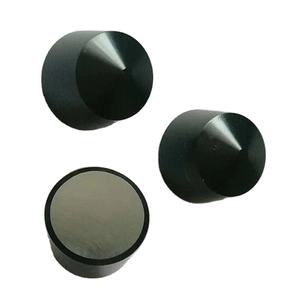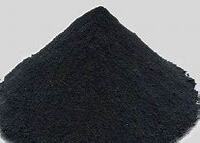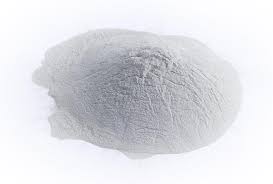Compound chemical materials for 3D printing refer to a diverse class of advanced materials that combine two or more substances, often synthetic polymers, to create formulations with tailored properties for additive manufacturing processes. These materials go beyond traditional plastics and metals, encompassing composites, ceramics, and even bioinks, designed to expand the functionality and application scope of 3D printing. They are engineered to enhance properties such as strength, flexibility, thermal stability, conductivity, or biocompatibility, depending on the intended use.
Customizable Properties: By blending different chemicals and fillers, these materials can be designed to have specific mechanical, electrical, thermal, or optical characteristics.
Enhanced Performance: Compound materilas often outperform single single-component materials in terms of strength, heat resistance, or chemical resistance.
Functional Integration: They can incorporate functional elements like conductive fillers (e.g., carbon nanotubes) for electronics or biological components for tissue engineering.
Process Compatibility: Tailored to work with various 3D printing technologies, from Fused Deposition Modeling (FDM) to Stereolithography (SLA) and Inkjet Printing.
Sustainability: Some compounds incorporate recycled or bio-based materials, contributing to eco-friendly and sustainable manufacturing practices.

(ABS Plus 3D Printing Filament ABS 1KG for 3d filament 1.75mm)
ABS Plus 3D printing filaments are commonly used in 3D printers as they provide good mechanical properties, such as low melting point and high strength. The parameter of the ABS Plus 3D printing filaments you provided is: - Weight: 1kg - diameter: 1.75mm It's important to note that the specific parameters may vary depending on the type of 3D printer and the desired output quality. It's recommended to check with the manufacturer or consult the product manual for more detailed information.

(ABS Plus 3D Printing Filament ABS 1KG for 3d filament 1.75mm)
Advanced Manufacturing: Aerospace and automotive parts that require lightweight yet strong materials, such as carbon fiber reinforced thermoplastics for structural components.
Electronics: 3D printable conductive inks and resins for circuitry, sensors, and antennas, enabling rapid prototyping and customization in electronic device manufacturing.
Biomedical: Bioinks combining cells with supportive hydrogels for tissue engineering, organ modeling, and drug testing, pushing the boundaries of personalized medicine.
Consumer Products: Customized products with unique functionalities, such as flexible or color-changing materials for fashion, sports equipment, and home appliances.
Energy: Advanced battery and energy storage components, like solid-state electrolytes or porous structures for fuel cells, developed using compound chemical materials.
Company Profile
Kmpass is a trusted global chemical material supplier & manufacturer with over 12-year-experience in providing super high-quality 3D printing powder and relative products.
The company has a professional technical department and Quality Supervision Department, a well-equipped laboratory, and equipped with advanced testing equipment and after-sales customer service center.
If you are looking for high-quality 3D printing materials and relative products, please feel free to contact us or click on the needed products to send an inquiry.
Payment Methods
L/C, T/T, Western Union, Paypal, Credit Card etc.
Shipment
It could be shipped by sea, by air, or by reveal ASAP as soon as repayment receipt.
Q: Is ABS Plus 3D Printing Filament ABS 1KG for 3d filament 1.75mm more expensive than standard 3D printing materials? A: Generally, yes, due to its specialized formulations and enhanced properties. However, cost varies widely depending on the material composition and application.
Q: Can all 3D printers handle compound chemical materials? A: No, compatibility depends on the type of material and the printer technology. Some materials may require specific printer settings or hardware modifications.
Q: Is ABS Plus 3D Printing Filament ABS 1KG for 3d filament 1.75mm safe for users and the environment? A: Safety depends on the specific chemicals used. Many are developed with safety in mind, but it's crucial to follow handling guidelines and ventilation requirements.
Q: How do I choose the right compound material for my project? A: Consider the required end-use properties (mechanical, thermal, electrical), compatibility with your printer, and any regulatory or environmental constraints.

(ABS Plus 3D Printing Filament ABS 1KG for 3d filament 1.75mm)



